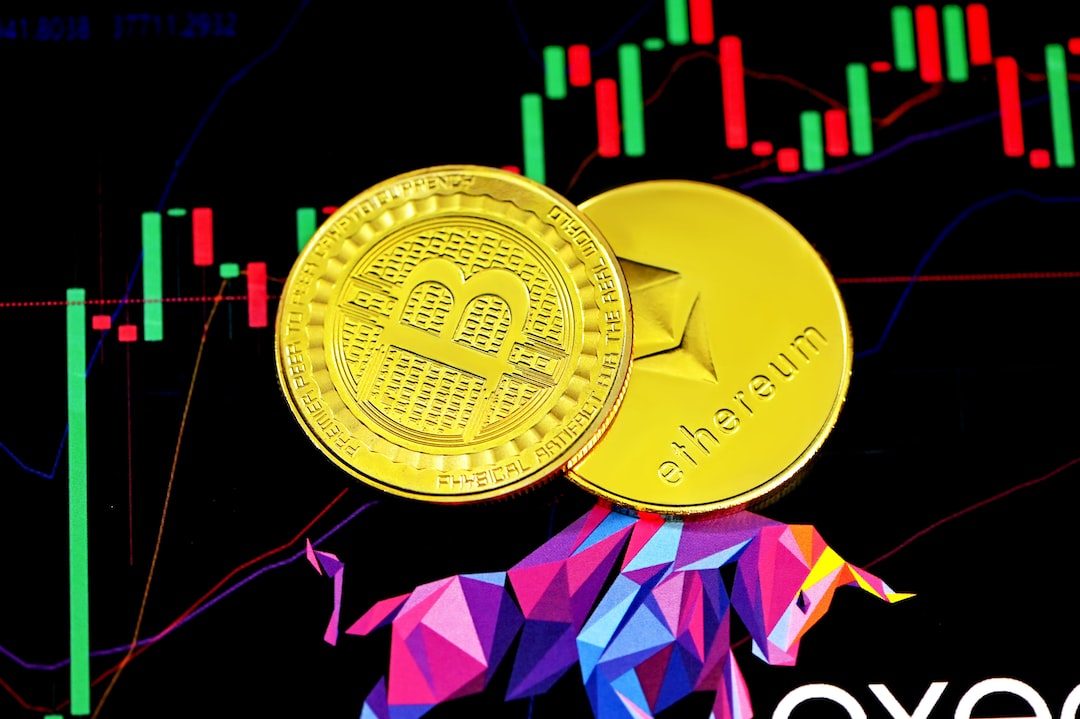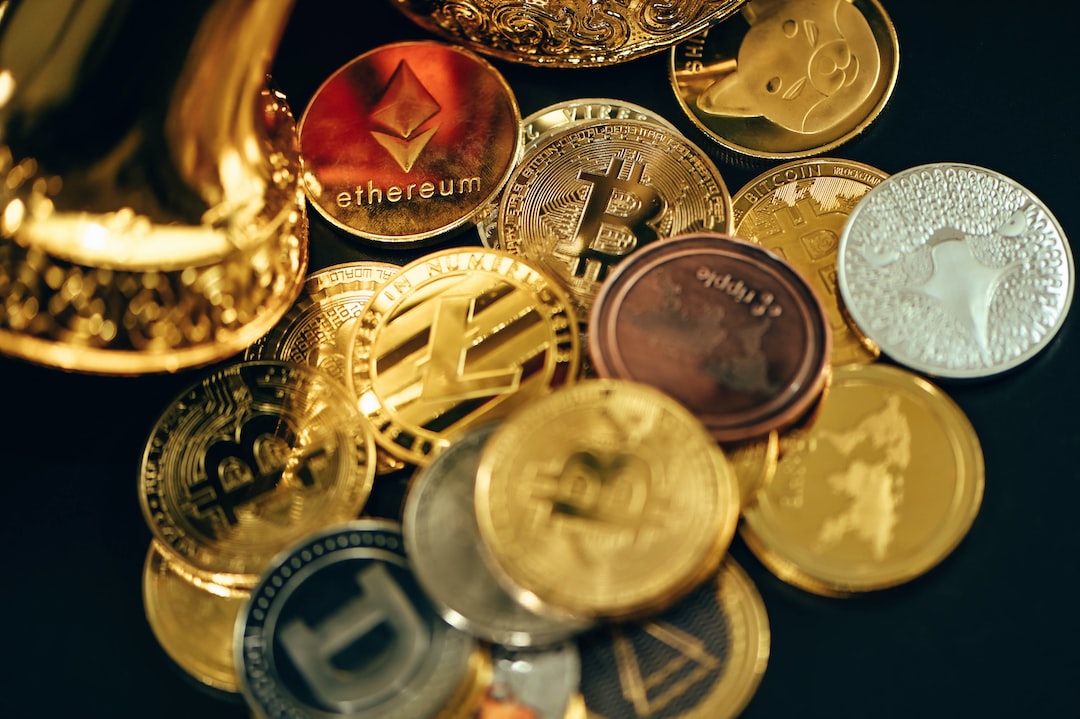Summary:
OKX and Bybit, two digital asset exchanges, have removed Russian banks Tinkoff Bank and Sberbank from their P2P services due to Western sanctions following the invasion of Ukraine. However, P2P transactions are still being conducted through private communications. Binance also faced criticism for listing these banks, but has since removed them. The delisted banks still have customers who prefer using them for payments, making it difficult to enforce the sanctions. Russia has faced heavy financial sanctions after the invasion of Ukraine, leading citizens and institutions to turn to cryptocurrencies. Some financial institutions have seen profits decline, and the country has banned private cryptocurrencies in the past. The Bank of Russia has introduced a bill allowing cryptocurrencies for international trade, but local transactions are still prohibited. Regulatory compliance from crypto firms may further impact Russia’s stance on web3.
Key Points:
- OKX and Bybit delist Russian banks Tinkoff Bank and Sberbank from P2P services due to Western sanctions.
- P2P transactions can still occur through private communications.
- Binance also listed these banks but removed them after criticism.
- Customers still prefer using the delisted banks for payments, making sanctions enforcement difficult.
- Russia faces heavy financial sanctions, leading to a rise in cryptocurrency adoption.
Russia’s Crypto Solution:
Since the invasion of Ukraine, Russia has faced significant financial sanctions, causing citizens and institutions to turn to cryptocurrencies. Some financial institutions have seen profits decline, and the country has banned private cryptocurrencies in the past. The Bank of Russia proposed a bill allowing cryptocurrencies for international trade, but local transactions remain prohibited. While Russians continue to adopt digital assets, regulatory compliance from crypto firms may further strain the country’s web3 stance.
Hot Take:
The delisting of Russian banks from P2P services by OKX and Bybit, along with criticism faced by Binance, highlights the challenges of enforcing Western sanctions in the crypto space. Despite the bans, customers still prefer using these banks for transactions, making it difficult to completely adhere to the sanctions. Russia’s heavy financial sanctions have led to an increase in cryptocurrency adoption, but regulatory compliance may hinder the country’s progress in the web3 space. The balance between financial restrictions and the adoption of digital assets remains uncertain for Russia.





 By
By
 By
By
 By
By
 By
By
 By
By